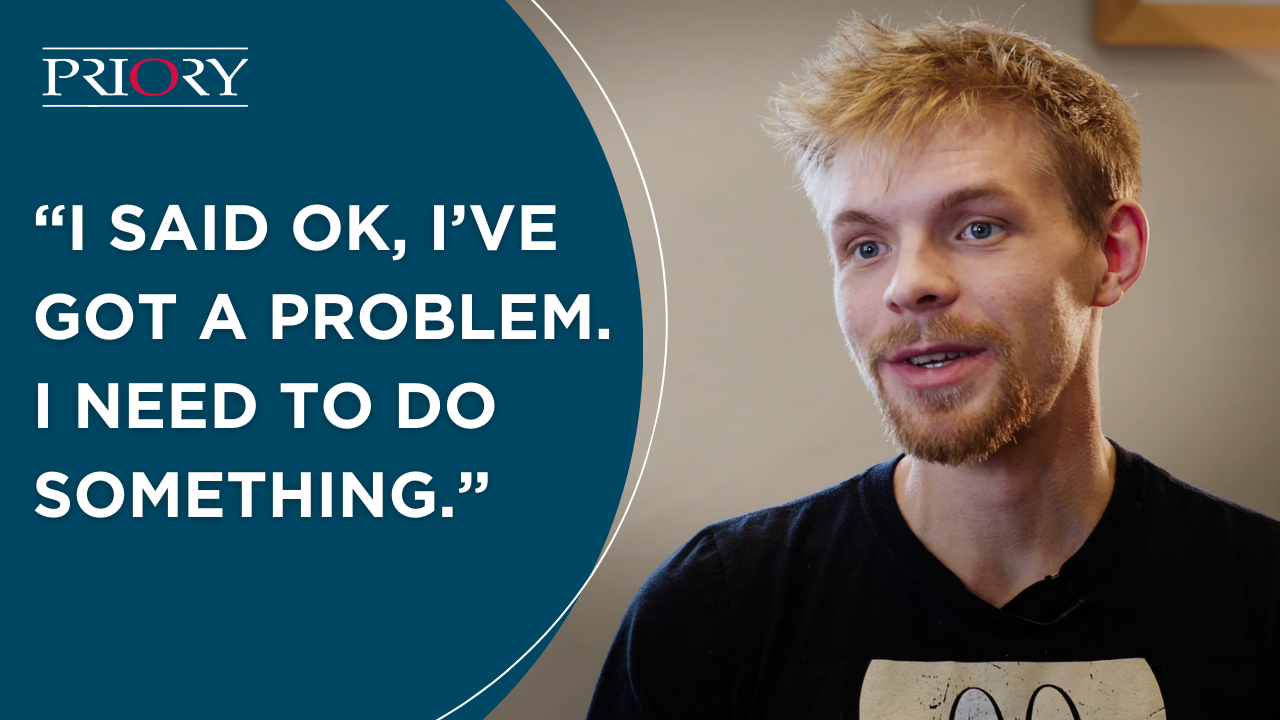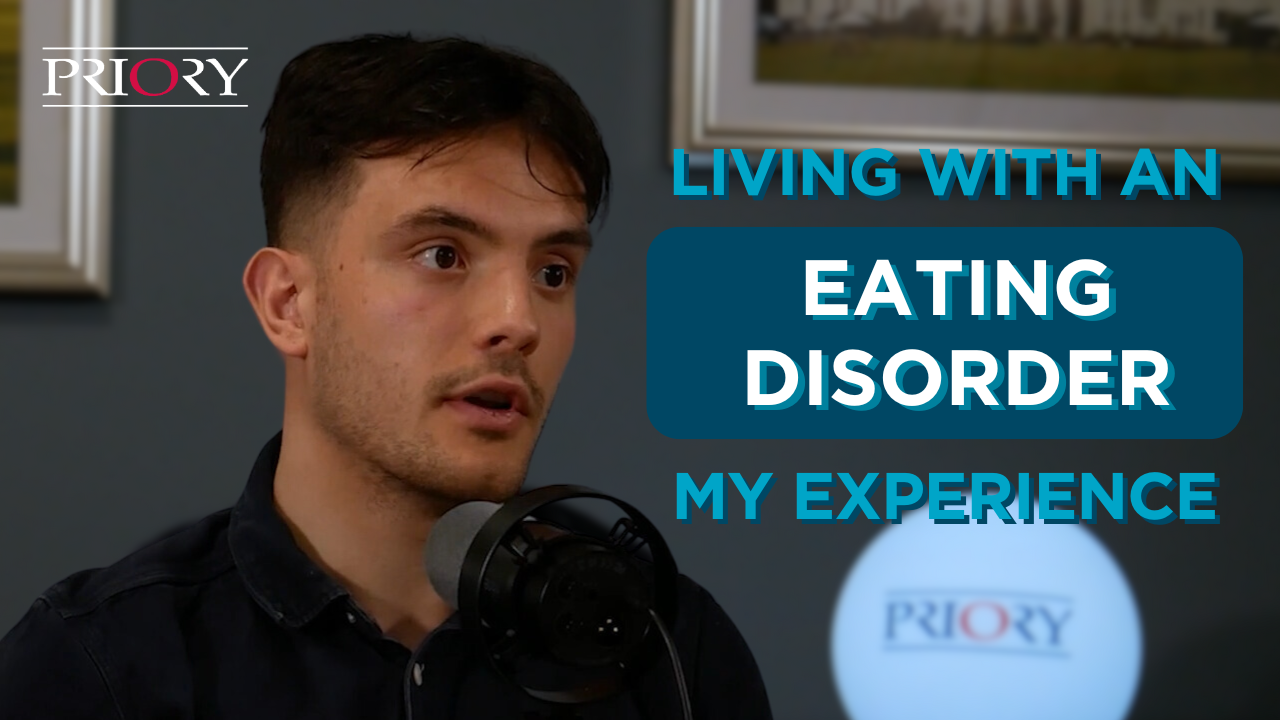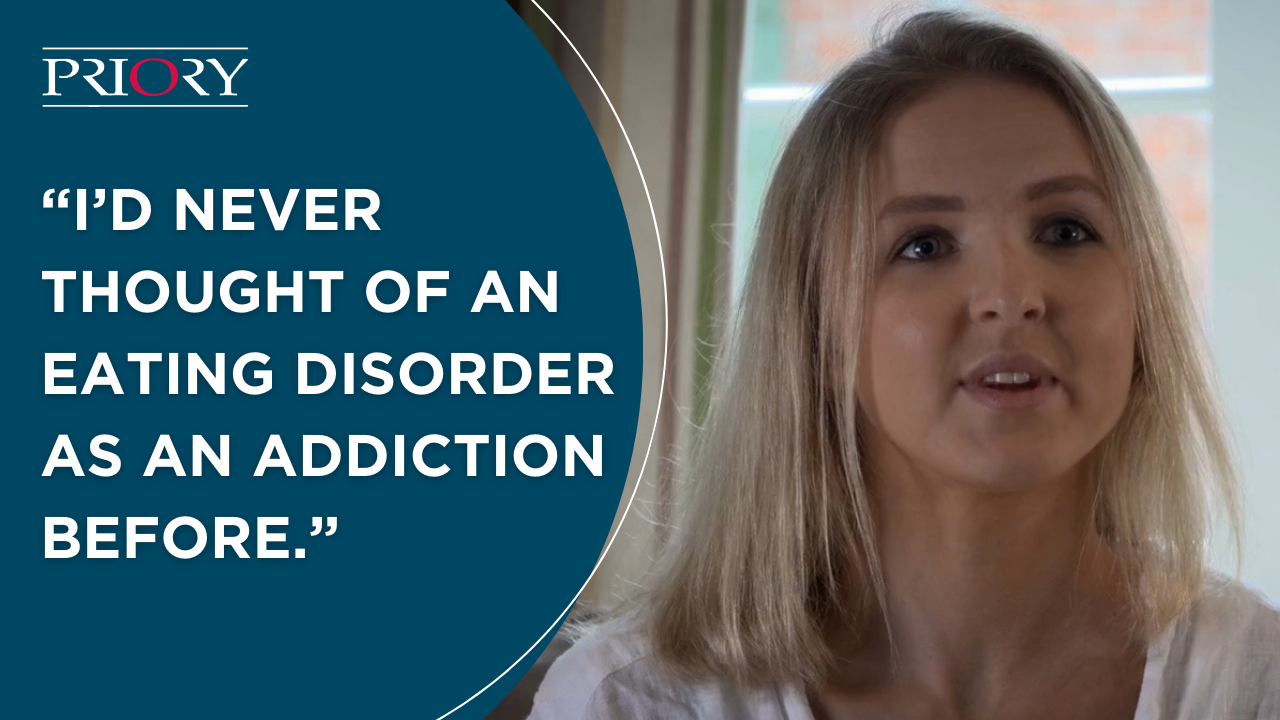Our approach to your recovery involves specialist techniques for eating disorder support, which have been proven to help improve your physical and emotional wellbeing. With your input, we'll put together a treatment plan which works for you and your unique situation. Our programmes aim to:
- Identify the deep-rooted beliefs which lead to unhealthy eating habits
- Confront and gradually reduce damaging behaviours
- Improve your relationship with food
- Improve your overall health, self-esteem and lifestyle, including addressing family-related issues
- Teach you the skills to manage your symptoms in the long-term
The type of treatment you'll receive at Priory depends on your current needs and symptoms. We offer an inpatient (residential) programme for people who need round-the-clock support, at Priory Hospital Hayes Grove, and outpatient support at many of our other locations.
Alternatively, day care allows you to access the same intensive level of therapy throughout the day, while continuing to live at home. We can also provide flexible outpatient treatment, with appointments you can fit around your other commitments.









